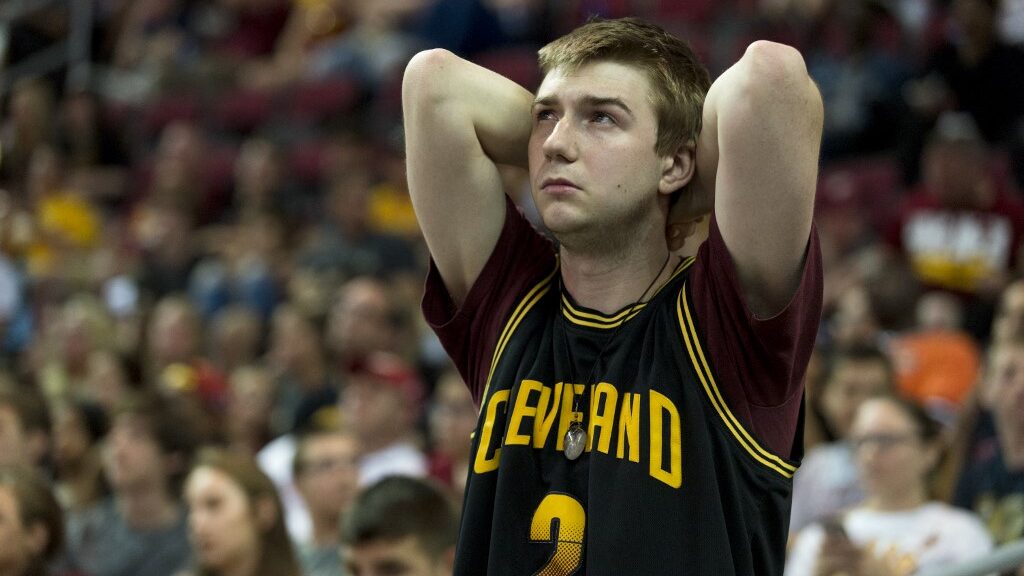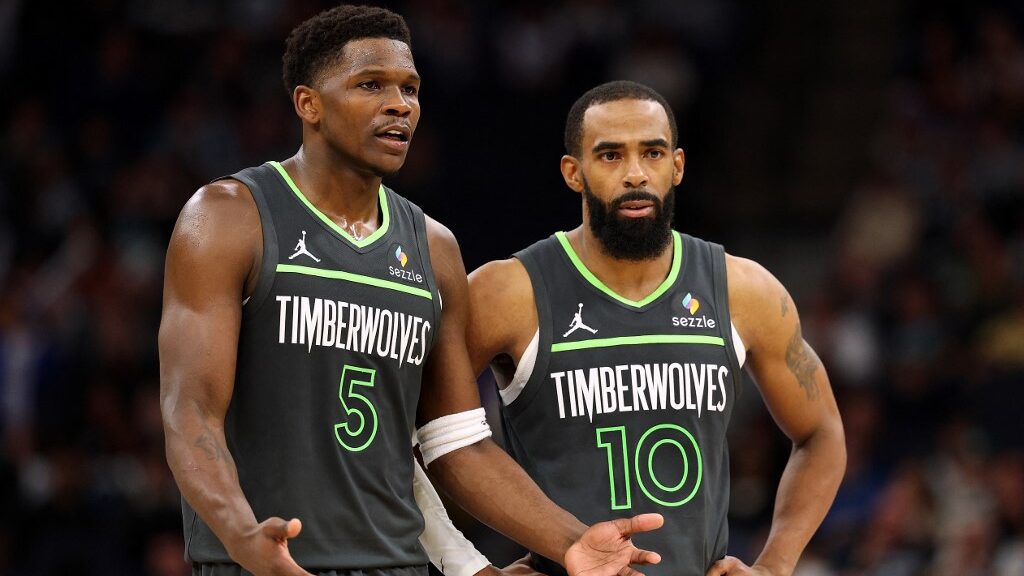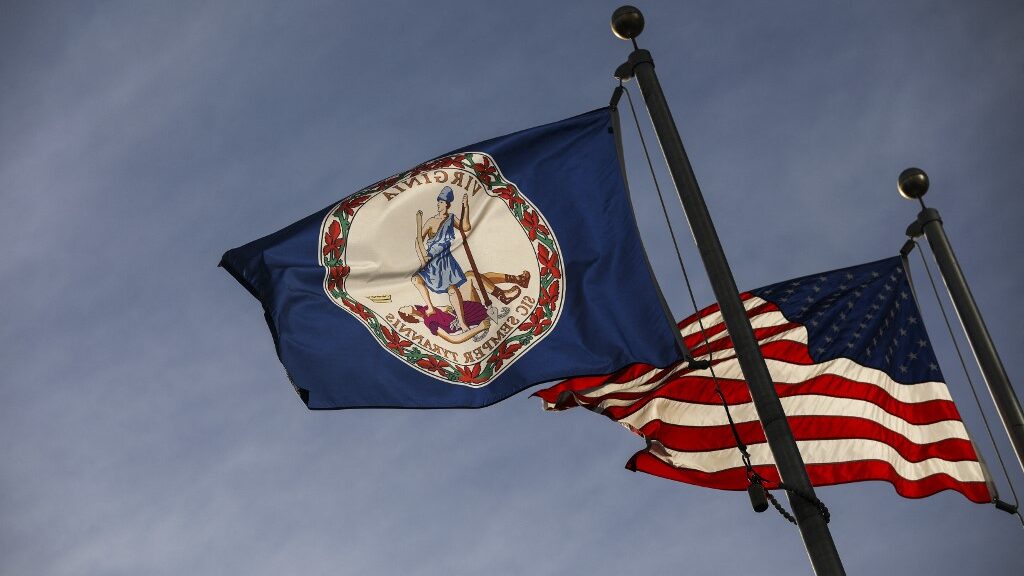
Sports betting across the country was down in February for a number of reasons, one of which was the dearth of NFL football, and in the Buckeye State, it was no different. Despite this, the future of sports betting in Ohio remains bright.
Short Month – Lower Numbers
The February blues persist in all sports betting sectors as the month has three fewer days than most and the only NFL action to be had was the league’s biggest game on its grandest stage, the Super Bowl.
However, one big sports betting day does not equal a month’s worth of NFL and college football action as the numbers historically dip when football comes to a close. The betting fever of March Madness is a month away and baseball betting doesn’t even move the meter until April. It’s the doldrums of the sports betting calendar with one notable exception on the second Sunday in February.
Ohio recently launched mobile sports betting after a lengthy battle in the legislature and its New Year’s Day debut has demonstrated that Ohio is indeed a fertile sports betting market. Yet, it is not immune to the natural February slump that spares no state.
Consider that in the first month of operation, Ohio’s sports betting handle was over $1.1 billion compared to what is a relatively paltry $638 million in February. But the online and retail sportsbooks in the Buckeye State will take it, as they brought in over $82 million in revenue.
Online Betting Rules
Furthermore, online wagering dwarfs in-person betting, illustrated by $17 million in retail sports betting versus a massive $621 million worth of action in online wagering for a combined $638 million in February.
It’s not hard to understand. People are creatures of convenience and a bet made on their mobile device in the comfort of their own home is preferable to schlepping to the nearest casino or racetrack that has a sportsbook under its roof.
Earlier last year, Bill Hornbuckle, CEO of MGM Resorts International, noted that the younger demographic is also embracing casino gambling as well. Changes made by the industry in terms of casino configurations and amenities targeted for the new breed of bettors have accelerated their participation in classic casino table games and slots.
“It’s brought millennials to the table in a way that they have not been before in this industry. We have more millennial business than we’ve ever had by 20%,” Hornbuckle said.
Offshore Books Still Hold Plenty of Sway
Hornbuckle also commented on the tsunami of sports betting activity last July when he said, “What’s happened over the last 18 months has literally been historic, but if you look at how we thought we would be performing against how we are performing, we’re exactly where we thought we would be.”
And despite the soaring numbers, offshore sportsbooks not regulated or licensed in the U.S., still hold plenty of sway with American sports bettors and are taking a piece of the betting pie. Many of them can offer bigger bonuses or better odds but the caveat is that not all of them are trustworthy.
Respected offshore betting sites like BetOnline, Bookmaker, Heritage Sports, and Bovada, to name a few, are those that still attract big numbers of bettors all over the world.
“Offshore gambling websites are a significant threat to consumer protections and the economic benefits legal gaming provides for communities across the country,” said Bill Miller, president, and CEO of the AGA, in a press release. “Eradicating these websites and all forms of illegal gambling is one of AGA’s top priorities.”
















